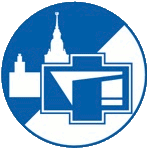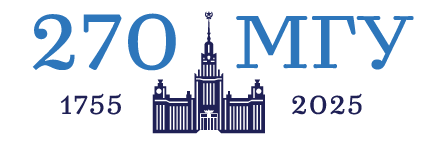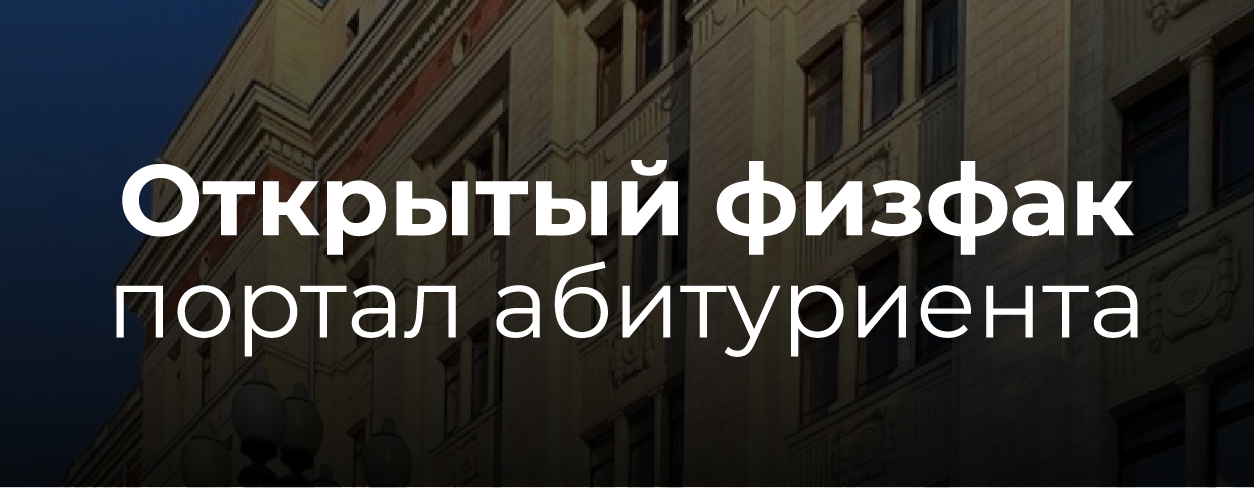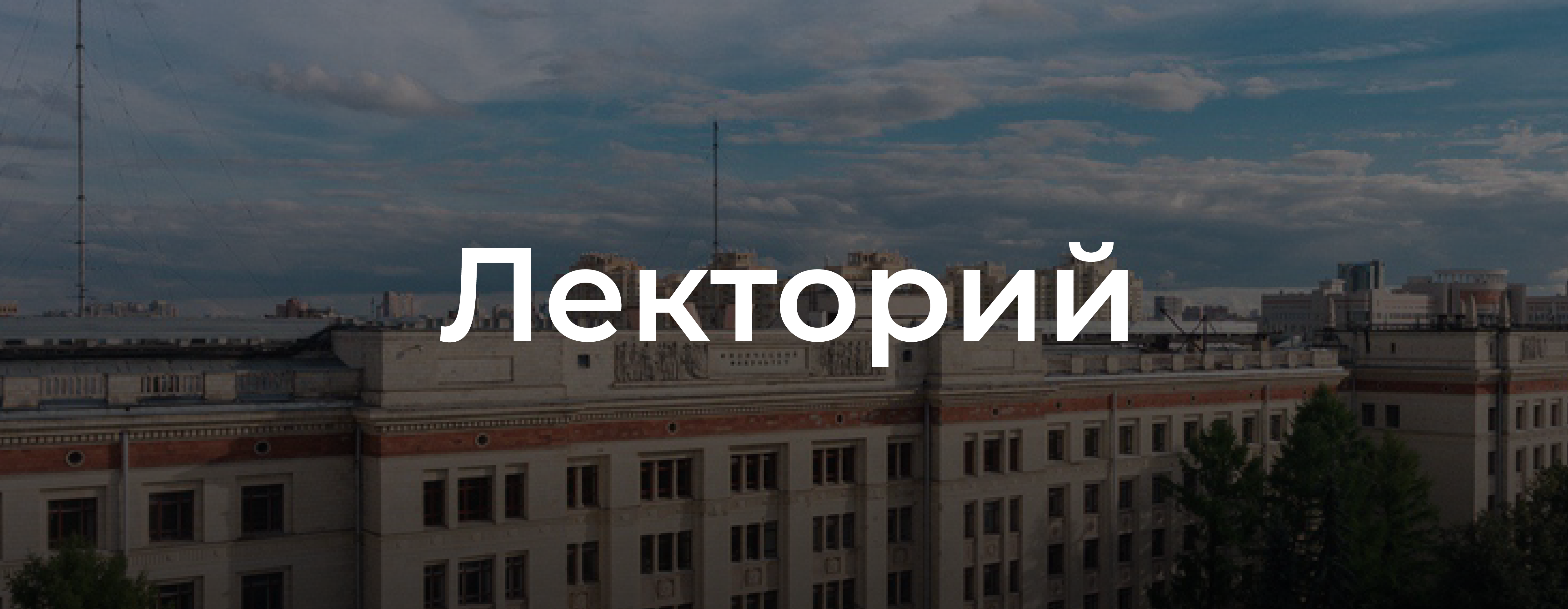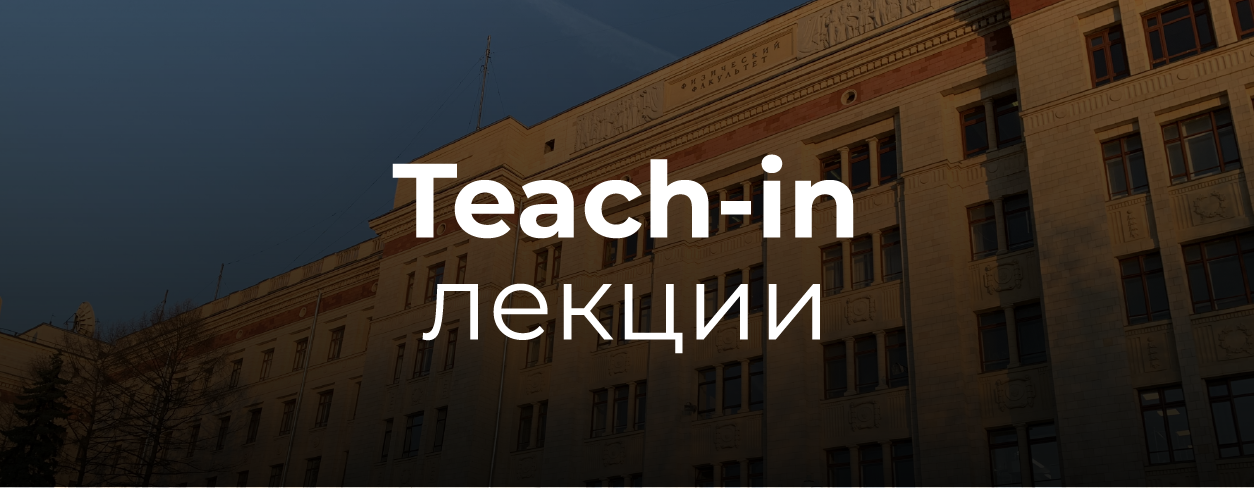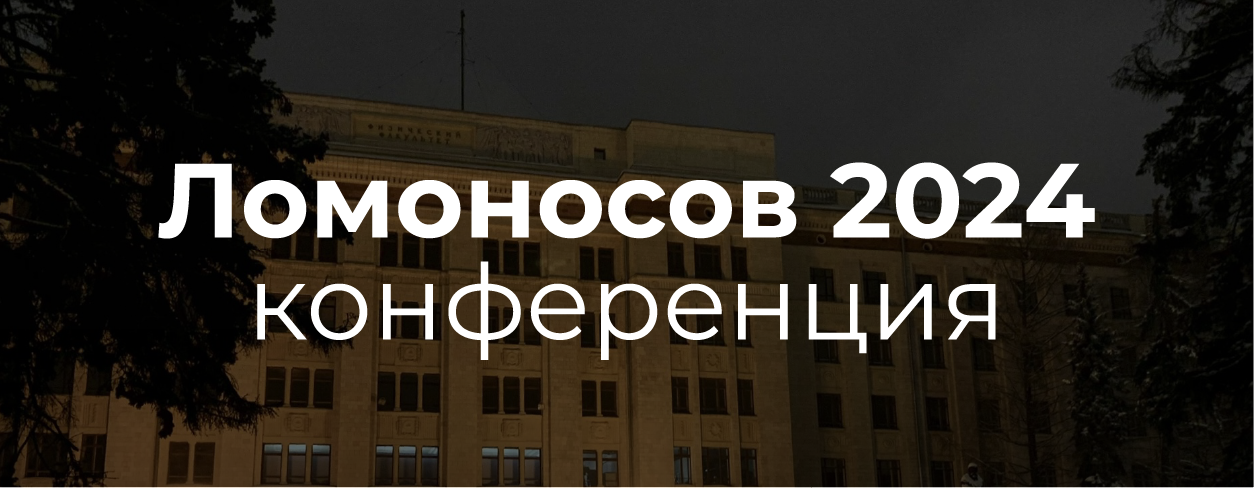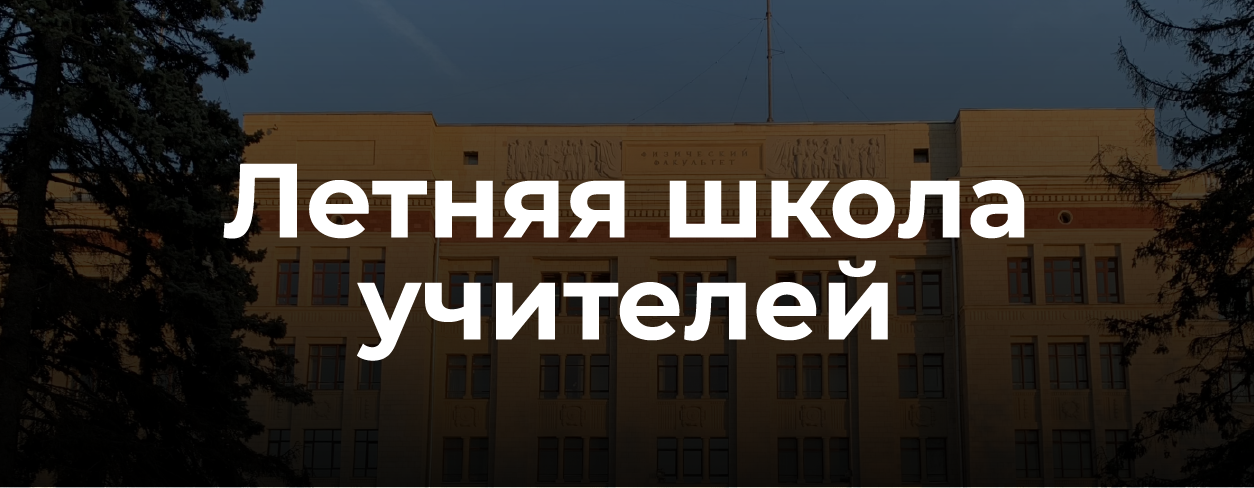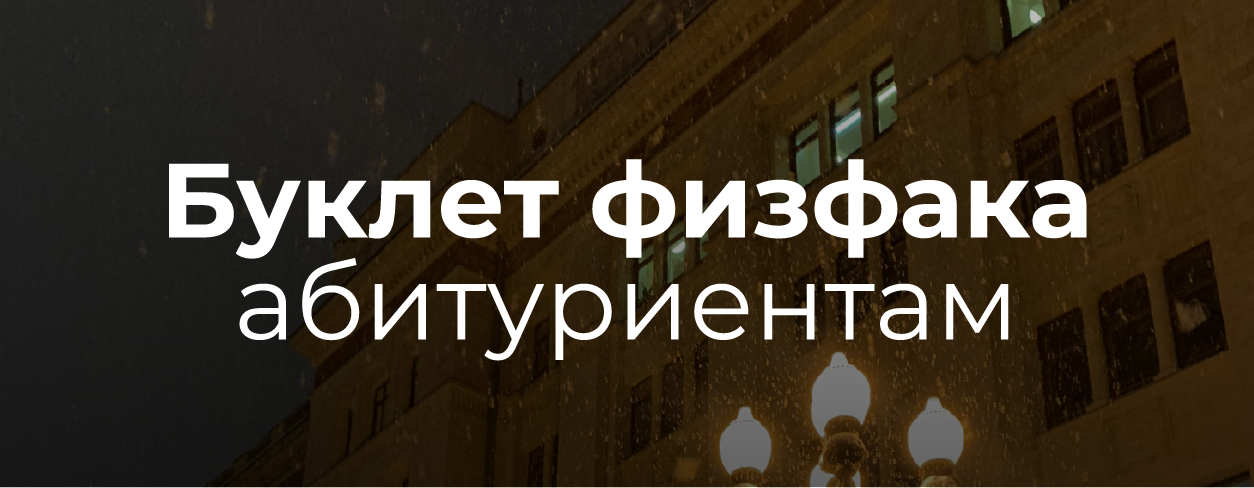Сенсоры для окружающей среды, здоровья и безопасности: Современные материалы и технологии (NATO Advanced Study Institute)
16-27 сентября 2007
Виши (Франция)
Директор от стран НАТО:
Мария-Изабель Баратон, Университет Лимож (Франция)
Директор от страны партнера НАТО:
Павел К. Кашкаров, МГУ им. М.В.Ломоносова (Россия)
Основная цель этой Школы НАТО -- привлечь молодых исследователей и дать им обзор современного состояния сенсорных материалов и технологий их создания и применения. Тематика Школы охватывает широкий спектр проблем от создания таких материалов методами полупроводниковых технологий до самоформируемых и биоматериалов, фотонных микросистем для детектирования различных типов опасности (загрязнение воздуха, биологические загрязнения, определение биоматериалов, ядерного загрязнения и т.п.) для различных приложений от охраны и мониторинга окружающей среды до защиты от терроризма.
Молодые ученые для участия в данном мероприятии могут получить грант НАТО, покрывающий часть расходов.
Более подробную информацию о Школе можно найти в прилагаемом информационном сообщении [PDF] ниже.
General Information
An Advanced Study Institute (ASI) is a high-level teaching activity organized in the framework of the NATO Science for Peace and Security Program: (http://www.nato.int/science).
During a NATO ASI, a carefully defined subject is treated in depth by lecturers of international standing, and new advances in a subject, not taught elsewhere, are reported in tutorial form. Therefore, a NATO ASI is not intended to be an international conference or symposium, but rather a short course contributing to the dissemination of knowledge and the formation of international scientific contacts.
The teaching in ASIs is aimed at scientists at the postdoctoral level with an appropriate scientific background who wish to learn of recent developments in their fields of science. ASIs have the specific role of contributing to the training, and the motivation, of young scientists in Partner countries.
Objective of the ASI
The growing concern worldwide for air pollution, biological threats and security issues has led to an increasing demand for sensors in multiple application areas, thus calling for a fast development of small, reliable, inexpensive sensors which can be easily integrated in various devices and equipments. Research efforts worldwide span diverse areas, including new materials such as nanotubes and nanofibers, miniaturization of electronics through nanotechnoloy, or integration of several sensors in artificial noses, to name only a few. Most of the time, the research results are reported, sometime as brief communications, at international conferences spread over different disciplines, such as materials science, electronic engineering, optics and photonics, nanotechnology, biochemistry and medicine, information technology, etc. It is therefore not very easy for young researchers to collect the most advanced background information.
This Advanced Study Institute aims at providing young researchers with the most recent knowledge in sensing materials and sensor technologies, and with a unique opportunity to meet and discuss with outstanding specialists in these areas. The ASI will cover a wide range of materials and technologies encompassing semiconductors, self-assembled and biologically inspired nanomaterials, and photonic microsystems for the detection of various threats (air pollution, bio-agent detection, nuclear detection) in applications spanning from environmental and health monitoring to security. Lectures on advanced theories and modeling of the sensing mechanisms will also be included.
Round tables will be arranged to allow for ample discussions in order to identify common problems and help researchers to find synergistic approaches by eventually crossing the traditional boundaries between disciplines. In addition to the main lectures, other related topics will be addressed, such as industrial requirements for the next generations of sensors, market analysis to better target the forthcoming research efforts, brief overview of the legislations in different countries in terms of maximum authorized contamination levels in air, water, soil, and food.
Participation of official representatives of the European Commission and the National Science Foundation (USA) is envisaged to provide all participants with the necessary administrative and financial information on students exchange programs and collaborative international research projects.
Co-Directors
Director from NATO Country: Dr Marie-Isabelle BARATON
SPCTS - UMR CNRS 6638
Faculty of Science, University of Limoges
123 Avenue Albert Thomas
F-87060 Limoges Cedex (France)
Telephone: +33 680 63 2031
Fax: +33 555 77 8100
e-mail: baraton@unilim.fr
Director from Partner Country:
Prof. Pavel K. KASHKAROV
Moscow State M.V. Lomonosov University
Department of Physics
Leninskie Gory 1
Moscow 119992 (Russia)
Telephone: +7 (095) 939 16 84
Fax: +7 (095) 939 21 93
e-mail: pavel@vega.phys.msu.ru
Organizing Committee
Marie-Isabelle BARATON, Director from NATO Country
SPCTS – CNRS UMR 6638
University of Limoges (France)
Pavel K. KASHKAROV, Director from Partner Country
Department of Physics
Moscow State M.V. Lomonosov University (Russia)
Sudipta SEAL
Mechanical Materials Aerospace Engineering Department & AMPAC
University of Central Florida, Orlando (USA)
Ashok VASEASHTA
Nanomaterials Processing & Characterization Laboratories, Department of Physics
Marshall University, Huntington (USA)
Lhadi MERHARI, Local organizer
CERAMEC R&D
Limoges (France)
Lecturers
Marie-Isabelle BARATON
SPCTS CNRS, Univ. Limoges (France)
Alexander M. GASKOV, Moscow State M. V. Lomonosov Univ. (Russia)
James E. HARDY, Oak Ridge National Laboratory (USA)
Sergei IGNATOV, State Research Center Obolensk (Russia)
Arkady A. KARYAKIN, Moscow State M. V. Lomonosov Univ. (Russia)
Pavel K. KASHKAROV, Moscow State M. V. Lomonosov Univ. (Russia)
George KIRIAKIDIS, Univ. Heraklion and FORTH (Greece)
Wim LAUREYN, IMEC (Belgium)
Pedro MEDELIUS, ASRC Aerospace Corp., KSC (USA)
Andrew MILLS, Univ. Strathclyde (UK)
Sudipta SEAL, Univ. Central Florida (USA)
Victor TIMOSHENKO, Moscow State M. V. Lomonosov Univ. (Russia)
Ashok VASEASHTA, Marshall Univ. (USA)
Alexey VASIL’EV, RSC Kurchatov Institute (Russia)
Yu. VLASOV, St. Petersburg Univ. (Russia)
Scientific Program
Not yet available
Additional Events
A round-table discussion on international collaborative research programs and students exchange programs is planned to be scheduled with the participation of Carmen HUBER, NSF (USA), Svitlana US, STCU (Ukraine) and a representative(s) of the European Commission
Depending on the scientific program, it is also envisaged to organize a round-table discussion on industrial needs and emerging markets with the participation of representatives of the sensor industry
Eligibility
ASI students come only from NATO countries* or Partner countries** or Mediterranean Dialogue countries***.
Students from Austria, Finland, Ireland, Sweden or Switzerland - known as “non-eligible” Partner countries - may participate, within the limit of 25% from any one country.
Students from other countries are not permitted to attend.
* NATO Countries: Belgium, Bulgaria, Canada, Czech Republic, Denmark, Estonia, France, Germany, Greece, Hungary, Iceland, Italy, Latvia, Lithuania, Luxembourg, the Netherlands, Norway, Poland, Portugal, Romania, Slovak Republic, Slovenia, Spain, Turkey, UK, USA.
** Partner Countries: Albania, Armenia, Azerbaijan, Belarus, Croatia, Georgia, Kazakhstan, Kyrgyz Republic, Moldova, Russian Federation, Tajikistan, the former Yugoslav Republic of Macedonia (Turkey recognizes the Republic of Macedonia with its constitutional name), Turkmenistan, Ukraine, Uzbekistan.
*** Mediterranean Dialogue Countries: Algeria, Egypt, Israel, Jordan, Mauritania, Morocco, Tunisia.
Application Procedure
Participation to NATO ASI is by invitation only. Scientists wishing to attend should contact the Co-Directors of the ASI (e-mail: baraton@unilim.fr or pavel@vega.phys.msu.ru).
Participants are required to attend the ASI for its full duration. If difficulties are foreseen, please contact the Co-Director from NATO Country for special arrangements (e-mail: baraton@unilim.fr).
Registration
All participants whose application has been accepted by the Co-Directors should register before May 15, 2007.
Registration forms will be available from the Conference website at a later stage. The completed registration forms will have to be sent by fax or via e-mail (as attached files) to the Co-Director from NATO Country (Fax: +33 555 77 8100; e-mail: baraton@unilim.fr).
The participants list will be submitted to NATO prior to meeting.
Participation to NATO ASI is not subjected to registration fees. However, all participants have to pay travel and lodging expenses.
The meeting package will include:
- All working documents including the book of abstracts;
- Lodging in single or double room at the Aletti Palace Hotel;
- Breakfast, lunch and diner (drinks included);
- Welcome party;
- Coffee-breaks;
- Banquet (drinks included);
- Transportation from Clermont-Ferrand-Auvergne airport to Vichy (on 16:09/07 only) and return trip (on 27/09/07 only);
- Fast internet connection;
- Two half-day excursions are also envisaged.
Location and Travel
The ASI will be held in Vichy, a small city in the heart of France, famous for its thermal springs. Vichy, with the specific character of thermal resorts and particularly attractive surroundings, is located on the border of the Allier river, at 50 kilometers from Clermont-Ferrand-Auvergne international airport (easy connections to/from Paris-Charles de Gaulle airport) and Clermont-Ferrand railways station. For more information on the airport, see: (http://www.clermont-fd.cci.fr/aeroport/aeroport.php).
A shuttle bus will be provided to pick-up participants at the airport on Sunday September 16. The return trip from Vichy to Clermont-Ferrand airport will be organized on Thursday September 27.
By train, Vichy can be reached from Paris-Gare de Lyon (6 direct daily connections in 2h50).
By car, Vichy is easily accessible by two highways (A71 from/to Paris and A72 from/to Lyon).
For more information and maps, please visit: http://www.ville-vichy.com/en/points/index.html
Conference Venue and Accommodation
The conference will be held in the superb Palais des Congr?s-Op?ra which has been recently renovated and fully equipped with the most modern AV technologies. It will ensure the ASI participants a comfortable working environment in a historical place (Napol?on III period). (http://www.ville-vichy.com/en/congres/). Note that smoking is prohibited inside the Conference Center.
The four-star Aletti Palace Hotel (http://www.aletti.fr) where all participants and lecturers will be hosted is conveniently located right in front of the Palais des Congr?s (2 minutes walk). The hotel offers double and single rooms as well as places for evening discussions. All rooms will be provided with private bathroom, direct dial telephone, TV, air conditioning, hair-dryer. The hotel is equipped with a billiard room and an outdoor heated swimming pool.
Breakfasts and meals will be served at the Aletti Palace Hotel. All meals (included welcome party, banquet and drinks) are included in the meeting package.
Language
The language of the ASI is English
Letters of Invitation and Visas
All participants requiring letters of invitation should contact the Co-Directors as soon as possible. These invitations will be issued solely for the purpose of assisting participants to obtain funding for their participation at the NATO ASI meeting or for Visa applications. Such invitation letters are not a commitment on the part of the Co-Directors and Organizers to provide any financial support.
Participants are advised to check with their local travel agencies whether they need a Visa for traveling to France. If so, participants should take the necessary actions as appropriate and well in advance of the planned date of travel.
Request for Financial Support
Partial financial support may be available for a limited number of participants.
Young applicants (under 35 year old as of the date of the ASI) and applicants from NATO Partner Countries or Mediterranean Dialogue Countries will be given the priority for support allocation.
The forms for requesting financial support will be available from the Conference website at a later stage. The completed forms should be sent by e-mail only to the Co-Directors (e-mail: baraton@unilim.fr and pavel@vega.phys.msu.ru) before May 15, 2007.
As none of the participants will receive a grant fully covering travel and living expenses, we strongly encourage participants to pursue other means of support.
Abstract Submission
Participants willing to make a contribution to the ASI are kindly invited to send one-page abstract to one of the NATO ASI co-directors.
Abstract template will be available from the Conference website. The submission of abstracts will be possible only via e-mail in “doc” or “rtf” formats, as attached files (e-mail: baraton@unilim.fr).
On the basis of the submitted abstracts, contributions will be selected for poster or oral presentations. Abstracts of all contributions accepted by the Organizing Committee will be included in the book of abstracts, distributed to participants at the Conference site. Note that the abstracts will be reproduced from the authors’ original.
The deadline for abstract submission is March 15, 2007.
Acceptance of the abstracts will be notified to authors before May 1, 2007
Oral Presentations
Authors may indicate the presentation preference of their contribution (oral or poster) on the abstract submission forms. The number of oral presentations will be limited and each speaker will be given a precise time slot for presentation, including discussion.
Speakers are kindly asked to strictly adhere to the time allotted.
Facilities will be available for presentations in PowerPoint (ppt) format only. Speakers should bring his/her own files on CD or memory stick. Speakers are fully responsible for checking the compatibility of their files with the equipment provided prior to their presentation.
Poster Presentations
Depending on the number of posters, one or two poster sessions will be arranged. Information on poster size will be provided at a later stage.
Publication
The lectures of the meeting and some selected contributions (oral or poster) will be published as a book by Springer in the NATO Science Series. Instruction for the preparation of the manuscripts will be provided at a later stage.
The strict deadline for submission of manuscripts is the first day of the meeting (September 16, 2007). Manuscripts should be provided in 3 printed versions and as Word files (“.doc” or “.rtf” formats) on CD. Alternatively, the Word file can be sent to the Co-Director from NATO Country by e-mail (baraton@unilim.fr) prior to the meeting and the printed copies brought to the meeting site.
All manuscripts will be peer-reviewed.
Note: It is the responsibility of the authors to have their manuscript written in proper English and carefully proofread. Neither reviewers nor editors will correct grammar or typo errors. Manuscripts may be rejected if they do not meet the criterion of satisfactory English.
Excursions
Two half-day excursions in Vichy’s surroundings may be organized. Additional information will be provided at a later stage.
For accompanying persons, a large selection of excursions will be available at their own costs.
Insurance
NATO does not take out any health or accident insurance for participation in the meeting. The organizers cannot accept any responsibility for accidents, sickness, theft and property damage, nor for delays and any modification in the traveling program due to unforeseeable circumstances.
Insurance is an individual responsibility
Important Note
Smoking is prohibited inside the Conference Center
Important Dates
Abstract submission deadline: 15 March 2007 Notification of acceptance: 1 May 2007 Registration deadline: 15 May 2007 Request for support: 15 May 2007 Manuscript submission: 16 September 2007 NATO-ASI: 16-27 September 2007About Vichy
For more information on the City of Vichy, please visit: http://www.ville-vichy.fr
Acknowledgements
We acknowledge the generous support of of NATO Science Program.

